There may not be a movie that has more BDE (Brooklyn Dad Energy) than Good One — you’d have to go to closing time at a Park Slope bar with nothing but The National on the jukebox to find a more concentrated dose of paternal moodiness than writer-director India Donaldson’s debut. The fact that this modest, quiet drama isn’t filtered through a male perspective but that of 17-year-old young woman, who both bears witness to two middle-aged men navigating mid-life crises and sees right through their bullshit, doesn’t make it any less sad-dad melancholy. Nor does this film let these guys off the hook, and it’s the way Donaldson’s revision of the dudes-with-feels-in-forest masterpiece Old Joy as a coming-of-age parable strikes a balance between empathetic and pitiless that makes it both sing and sting.
The teenage tour guide through this trip into the woods and over emotional minefields is Sam (newcomer Lily Collias, the find of the century), a Bed-Stuy kid on the verge of leaving for college. She’s going on a hiking trip up in the Catskills with her father, Chris (James Le Gros). His longtime friend, Matt (Danny McCarthy), and Matt’s son are supposed to join them. But the boy bails at that last minute, leaving Sam to play third wheel to what’s now an impromptu guys’ weekend. Matt used to be an actor, best known for a minor recurring role in a TV series. Now this bearish, slightly boorish artist is just another divorced guy living in the city, marinating in booze and self-pity. He and Chris banter and bicker over life choices, consequences, the roads not taken. Sam checks her phone, rolls her eyes, and occasionally offers biting commentary. Mostly she sits there, silently taking it all in.
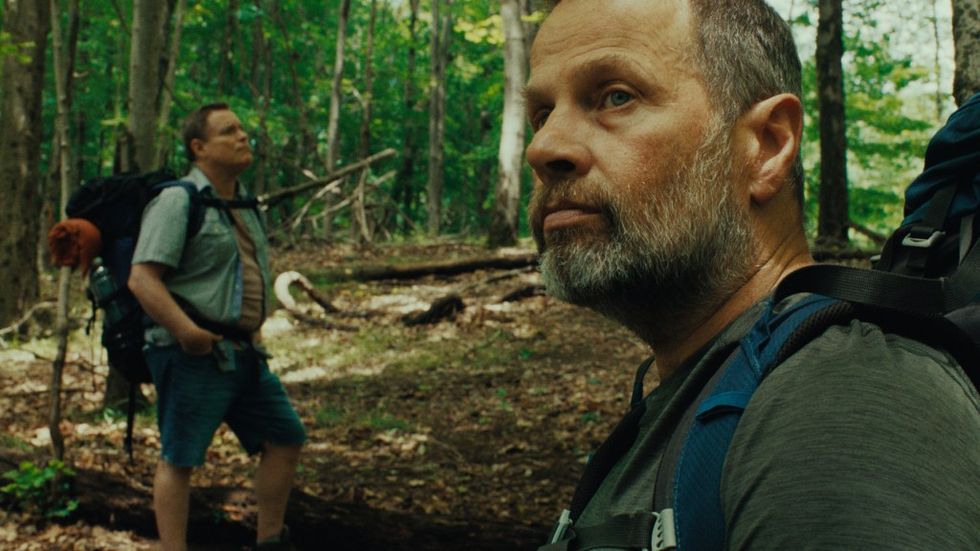
Once it establishes the respective corners of this triangular character study, Good One ambles along at its own leisurely pace, taking in the scenery of upstate New York and observing the well-worn rituals of both old friends and family members. You get the sense that these hiking trips form the foundation of Sam’s bond with her dad — he casually mentions a past trip to Muir Woods, suggesting they’ve been going on these extended nature walks for a while — and that Chris and Matt have had a history of pushing each other’s buttons. Sam is the odd teen out during their conversations about dashed dreams and bitterness over bad decisions. What would you do in another life, Matt asks as a conversation prompt. I think I still get to chose what I do in this one, she calmly replies.
It’s not an understatement to say that so much of the grace and, ultimately, the emotional resonance of Good One lies in Collias’ performance, and how she turns a symphony of reaction shots into a portrait of a woman caught in a crossfire of middle-aged male malaise. An actor barely out of her teens, Collias can subtly change her expression in a way that hints at (then in some cases, instantly hides) seismic shifts under the surface. That isn’t to say that Le Gros, a true indie O.G. who seems to get better with age, and McCarthy don’t give equally nuanced turns, or that Donaldson’s deft way of embedding deep, complicated back stories in offhanded conversational details don’t add to the film immensely. It’s just that for a movie so filled with men talking, joking, bitching, and moaning, this extraordinary addition to the loss-of-innocence canon is really about what’s left unsaid — and that’s where Collias comes in. It’s genuinely one of the best show-don’t-tell performances in modern American cinema.
Right, that “loss of innocence” bit: There’s a sense of something looming, just past the picture-postcard landscapes and breathtaking views of Mother Nature’s bounty, in the movie’s slow-tick pacing and tiny pivots of people caught in undertows of self-pity. A single sentence drastically changes the tone of both the trip and the movie itself, and the audience is left to sift through the wreckage of what turns into betrayals — plural, not singular. For something so “small,” the ripples left in this remark are gigantic. The movie was always Sam’s from the jump, but so much of Donaldson’s film is generously given over to being Brooklyn Sad-Dad catnip, as these two men wax poetic and bathetic about second marriages, second families, a lack of second chances. Then it completely shifts allegiance to Collias’ character, and you feel as if, like her, you truly see things clearly. A little too clearly. Good One is, among its infinite attributes, an ode to a style of filmmaking that appears to be humble, yet still manages to be devastating and humanistic to its very core. Mostly, it’s just a great fucking movie, full stop.
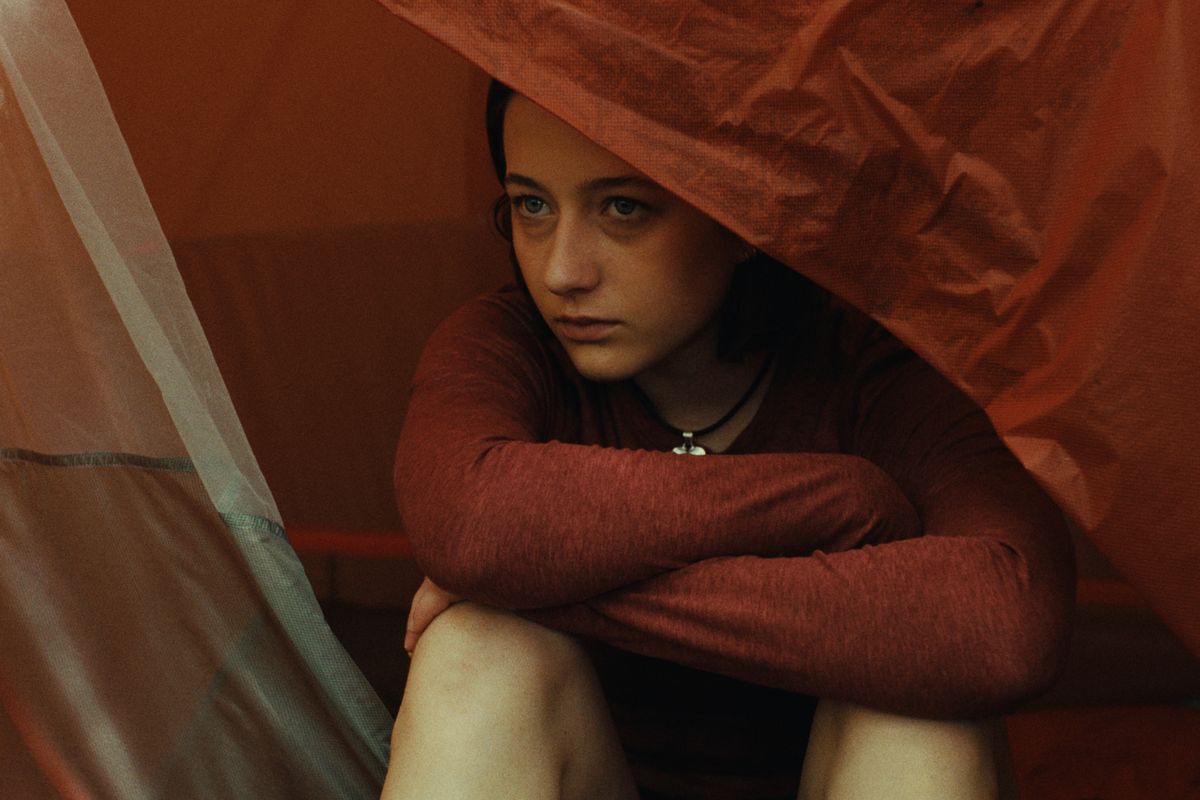






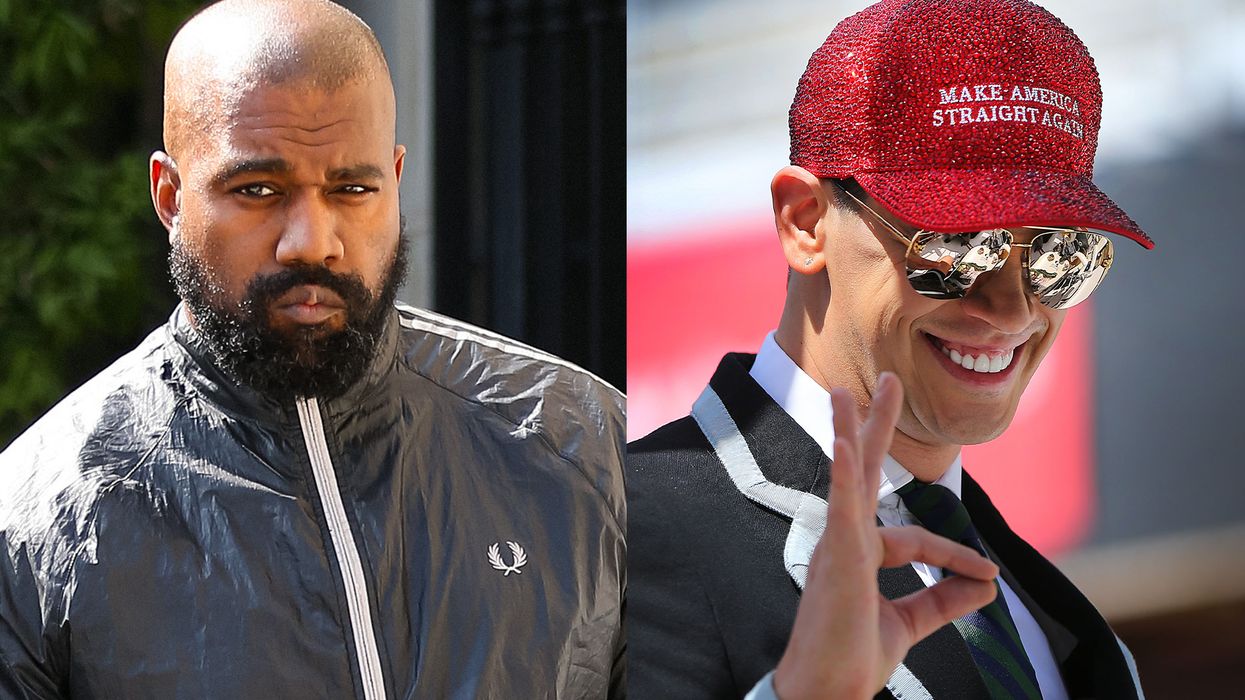

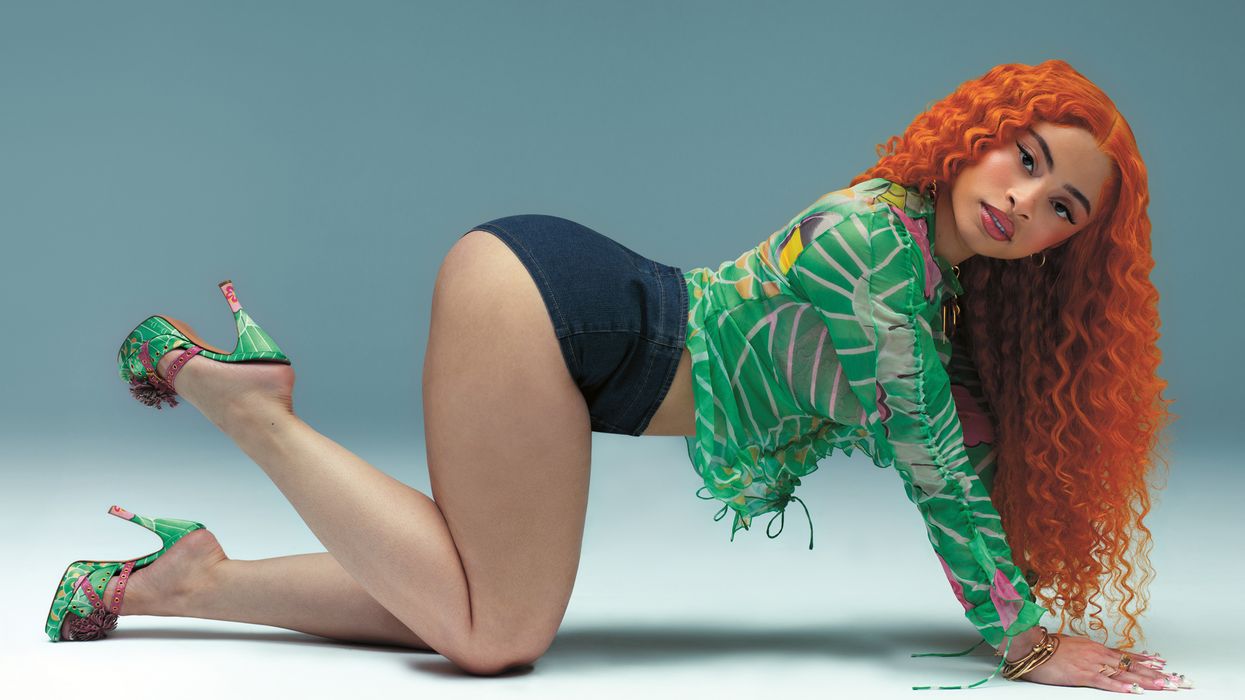
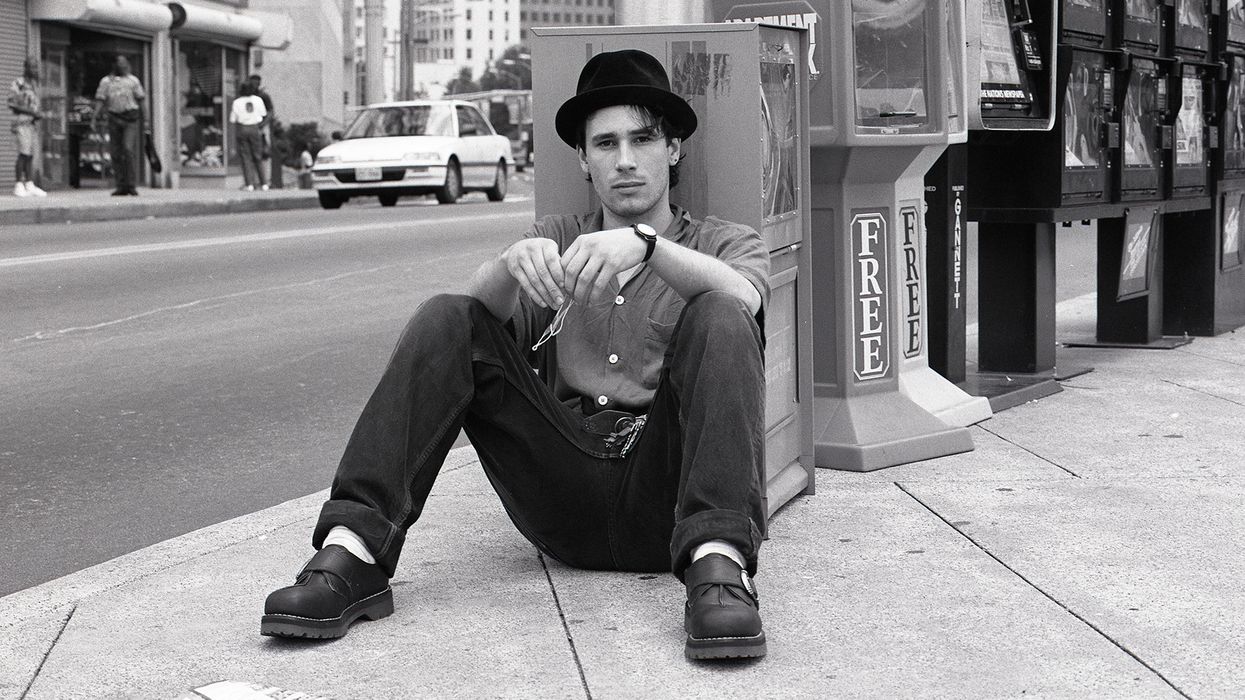
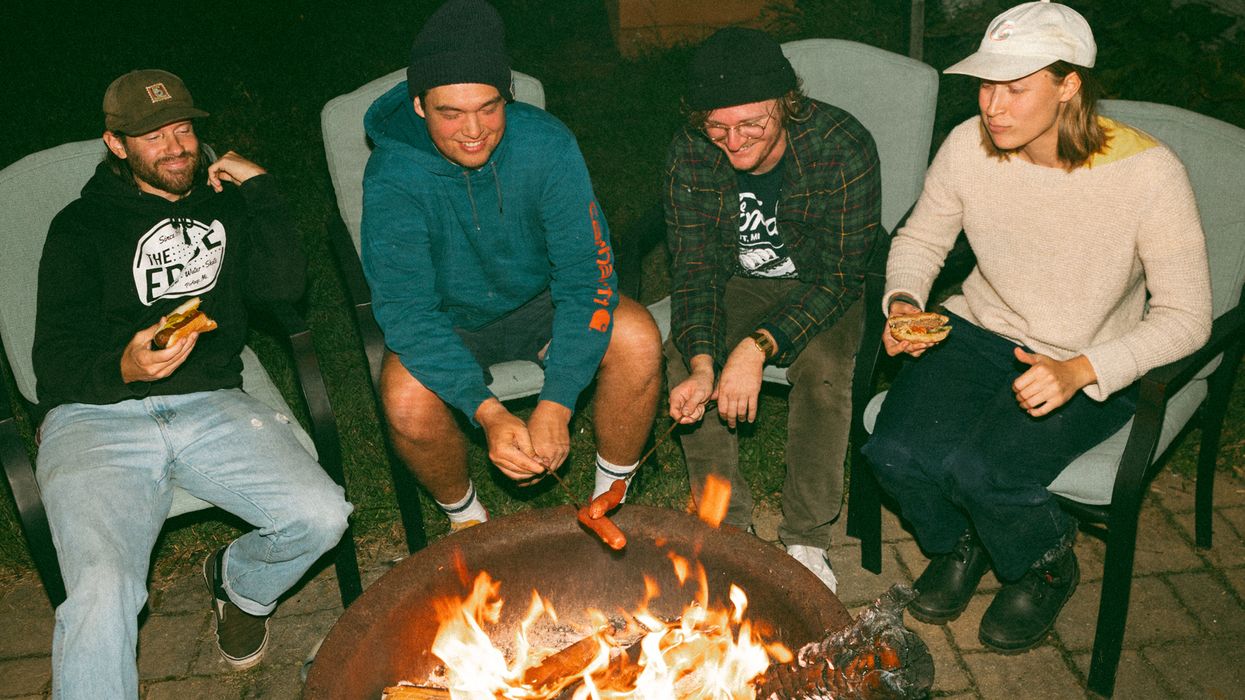
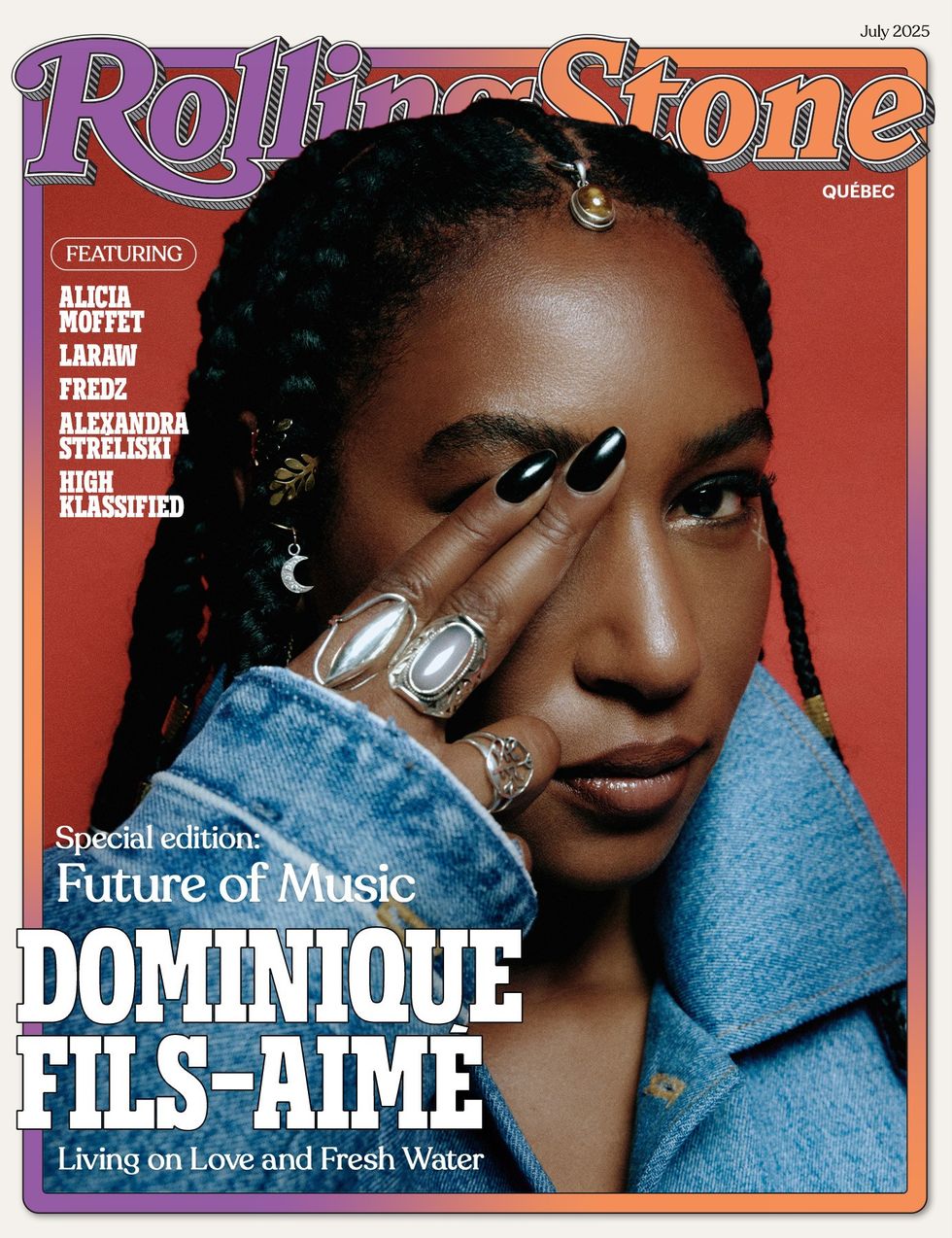 Jean Jacket: Repull/Jewelry: Personal collection
Jean Jacket: Repull/Jewelry: Personal collection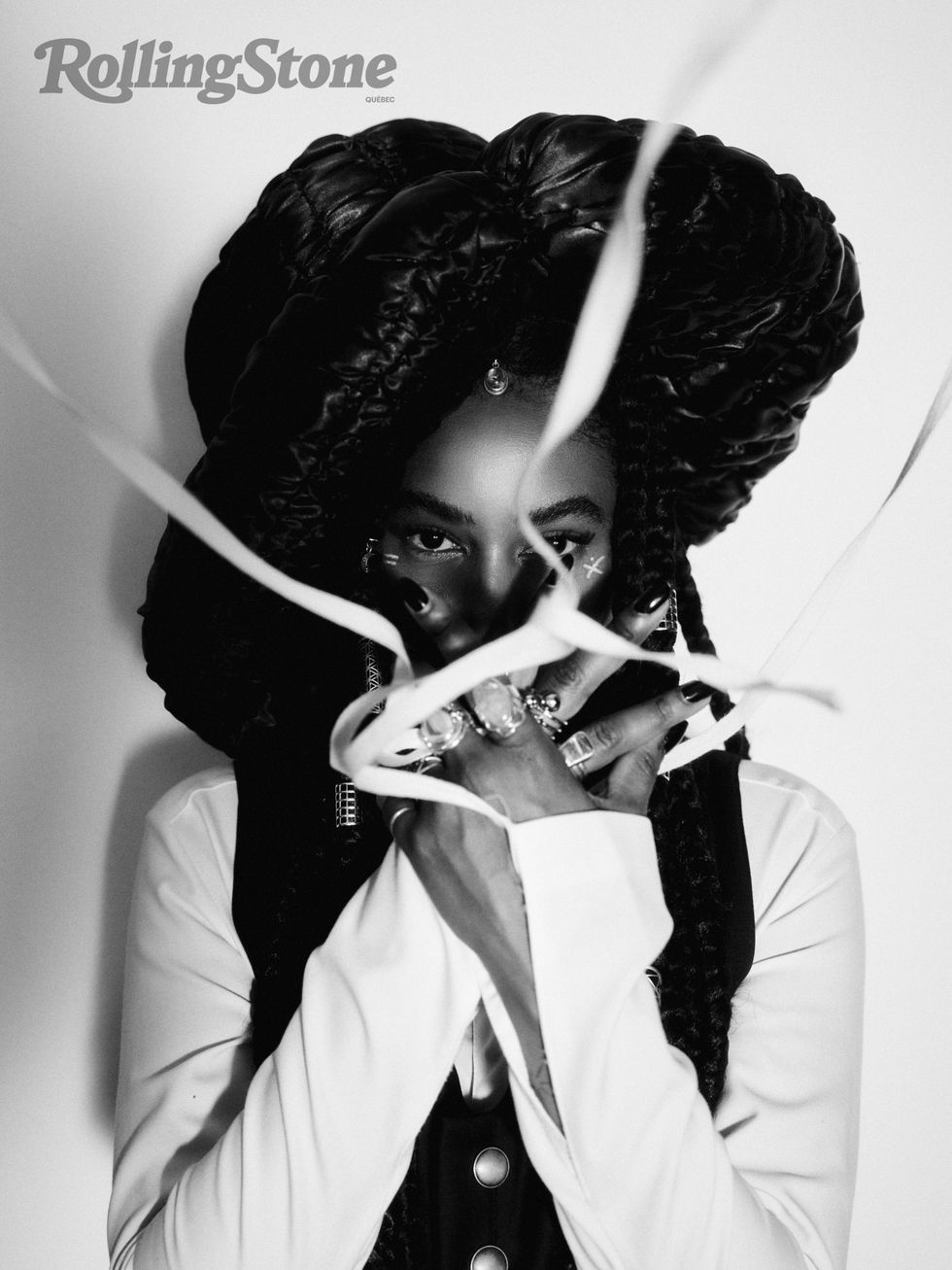 Hat: Xtinel/Dress shirt and vest: Raphael Viens/Jewelry: Personal Collection & So Stylé
Hat: Xtinel/Dress shirt and vest: Raphael Viens/Jewelry: Personal Collection & So Stylé 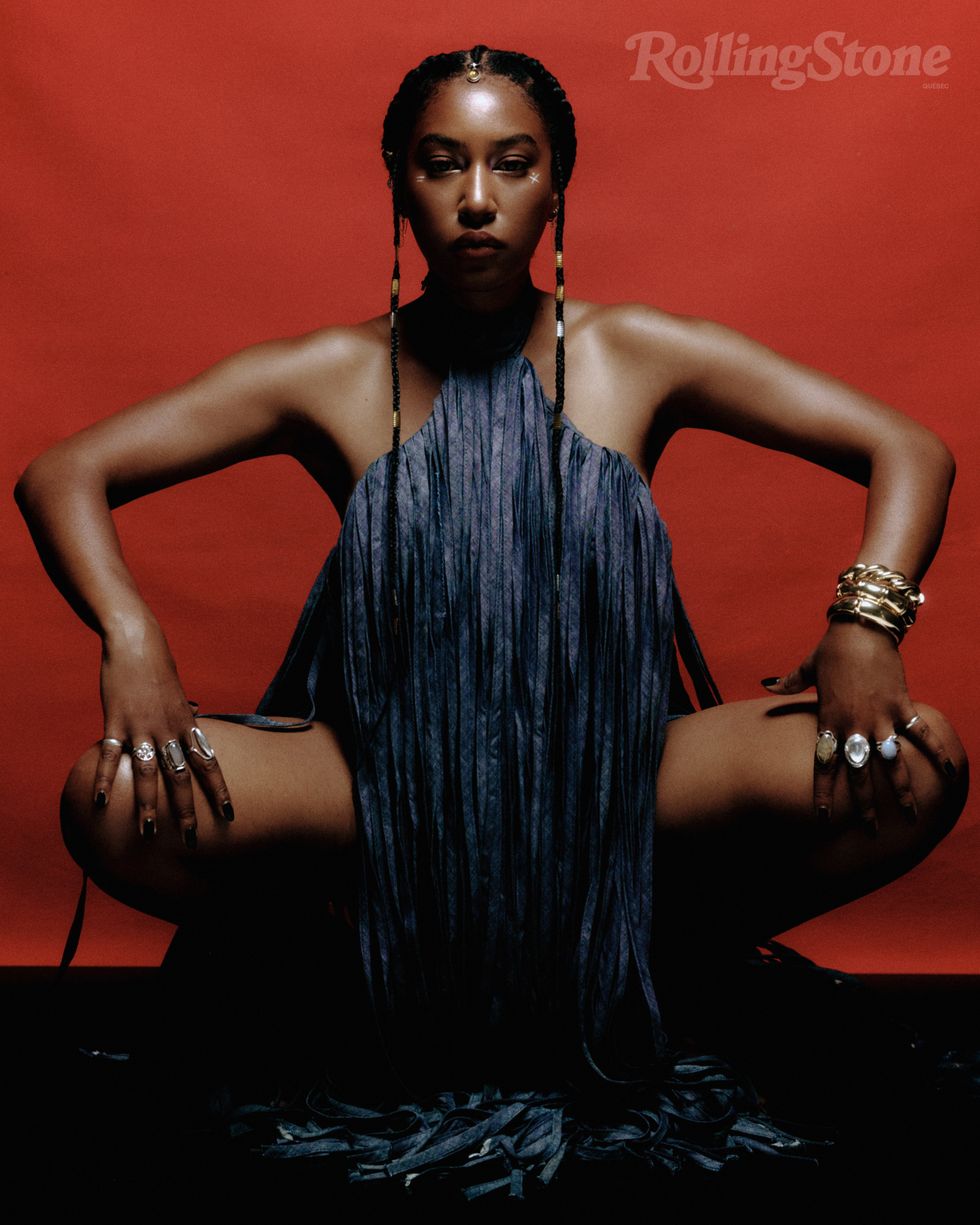 Dress: Helmer/Jewelry: Personal Collection
Dress: Helmer/Jewelry: Personal Collection 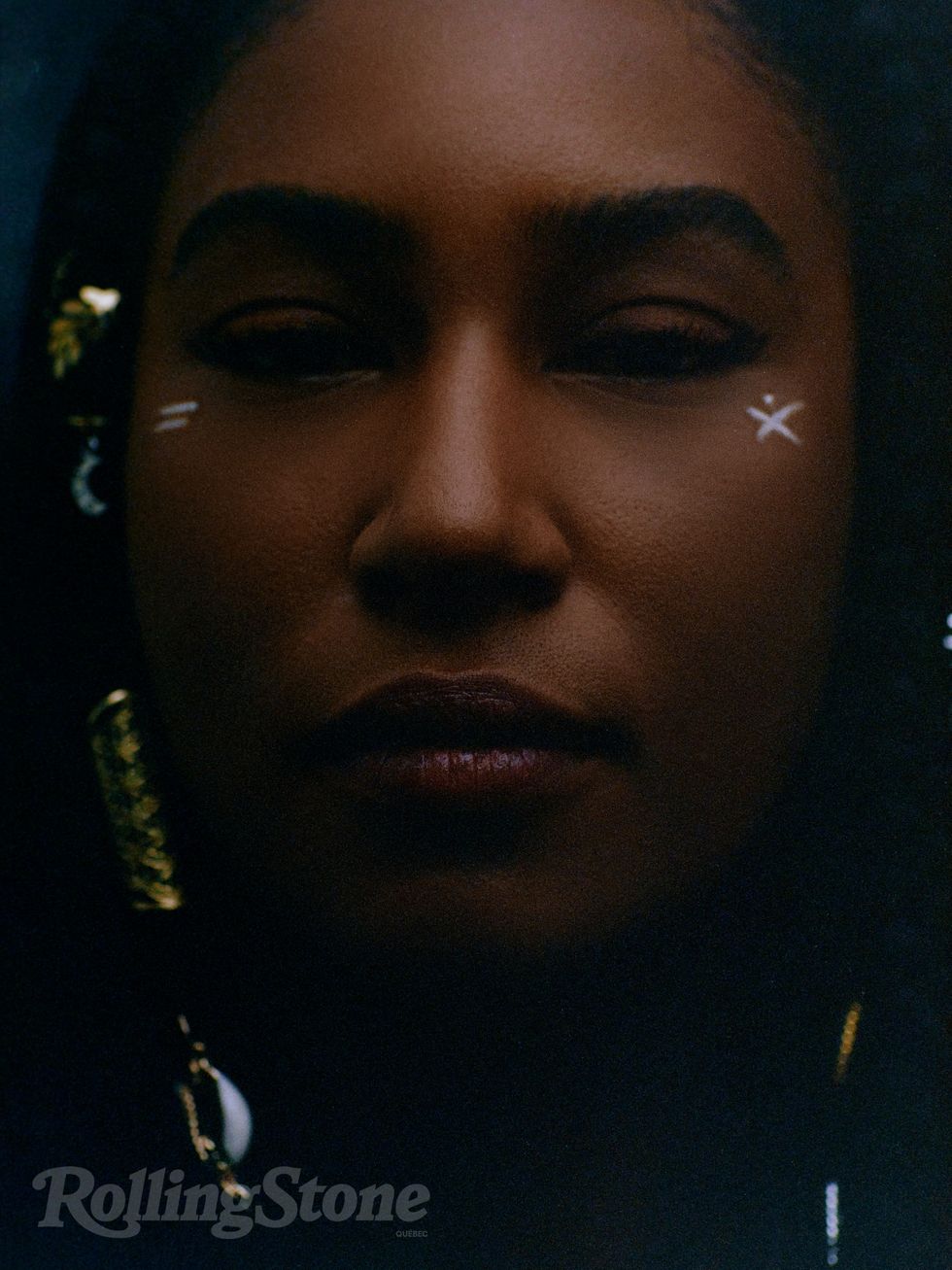 Jewelry: Personal Collection
Jewelry: Personal Collection 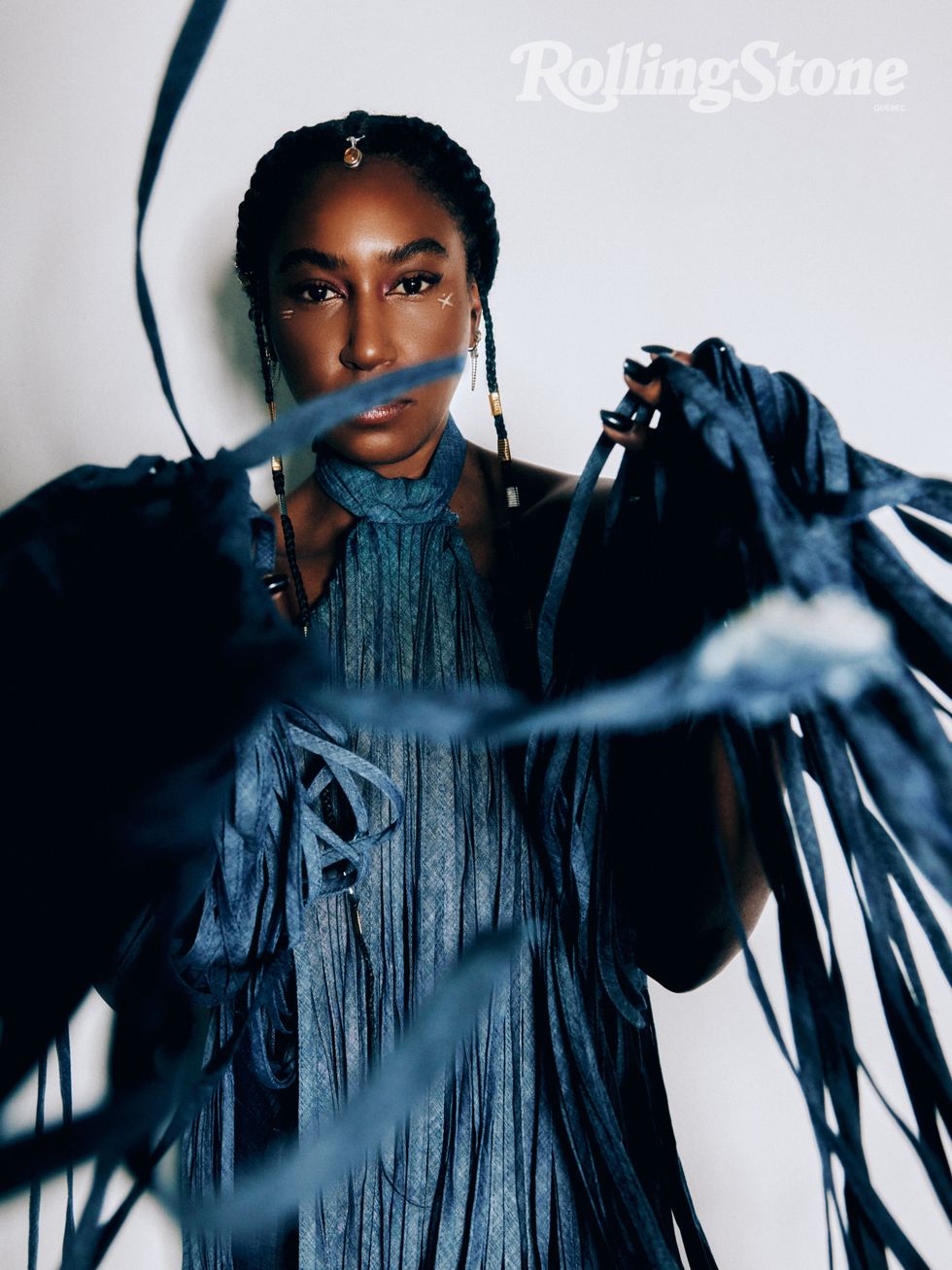 Dress: Helmer/Jewelry: Personal Collection
Dress: Helmer/Jewelry: Personal Collection 
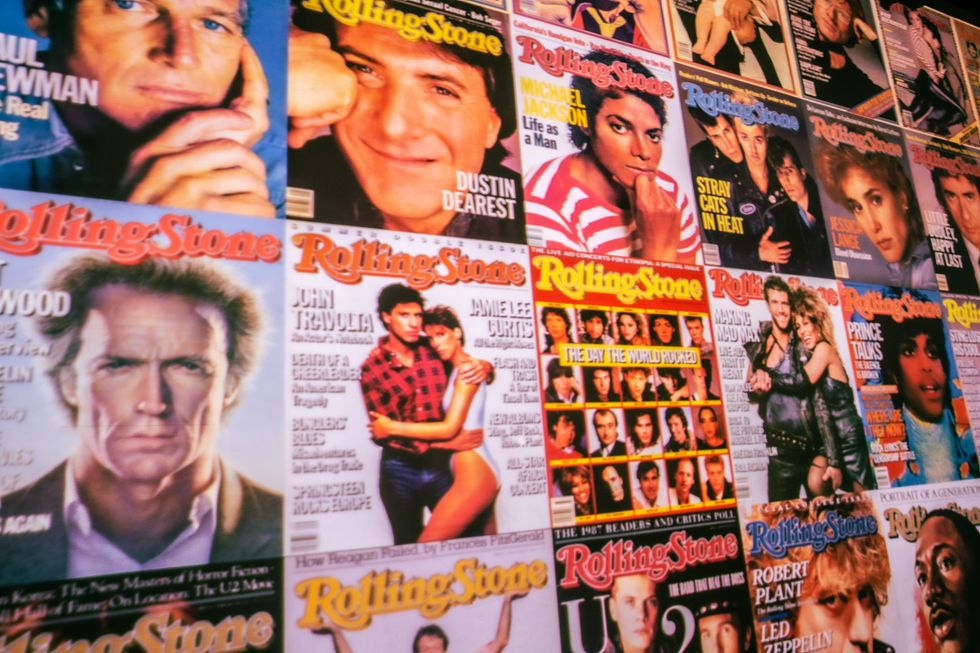
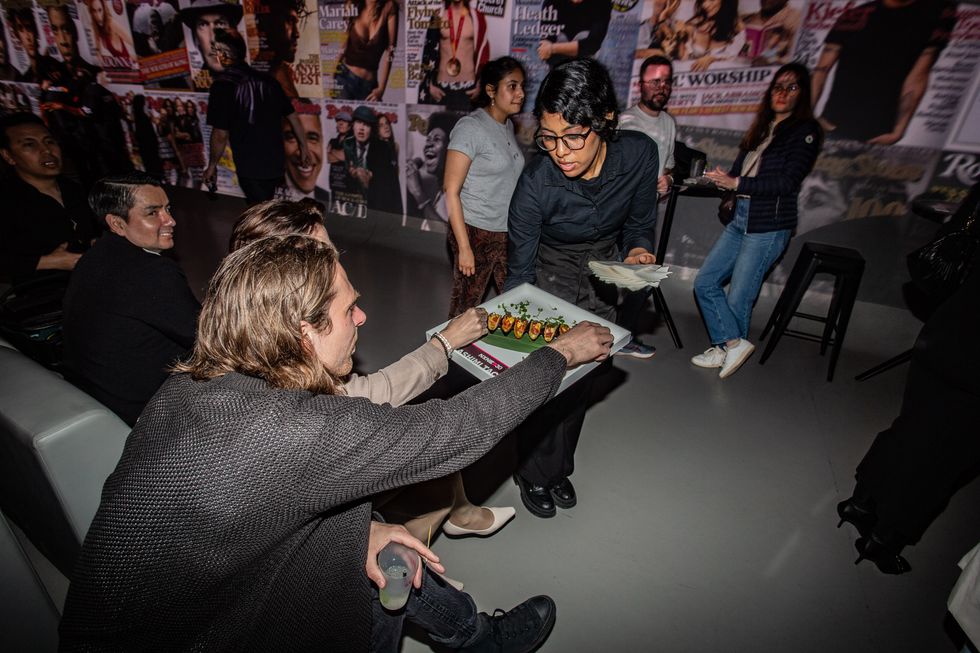 Catering Presented By The Food DudesPhoto by Snapdrg0n
Catering Presented By The Food DudesPhoto by Snapdrg0n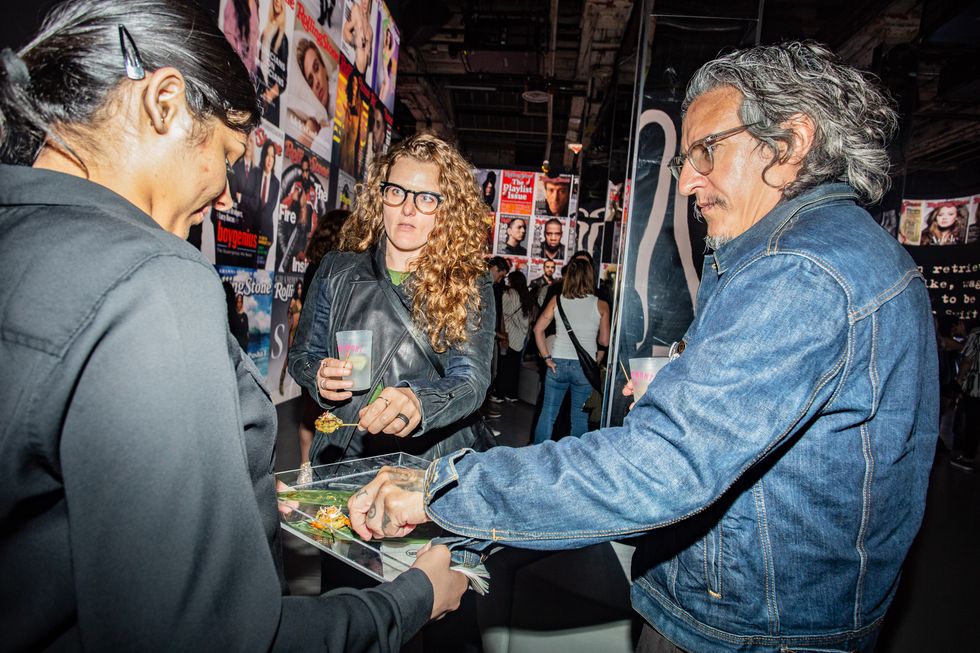 Catering Presented By The Food DudesPhoto by Snapdrg0n
Catering Presented By The Food DudesPhoto by Snapdrg0n Catering Presented By The Food DudesPhoto by Snapdrg0n
Catering Presented By The Food DudesPhoto by Snapdrg0n
 Photographer: Raphaëlle Sohier / Executive production: Elizabeth Crisante & Amanda Dorenberg / Design: Alex Filipas / Post-production: Bryan Egan/ Headpiece: Tristan Réhel
Photographer: Raphaëlle Sohier / Executive production: Elizabeth Crisante & Amanda Dorenberg / Design: Alex Filipas / Post-production: Bryan Egan/ Headpiece: Tristan Réhel Photo: Raphaëlle Sohier
Photo: Raphaëlle Sohier Photo: Raphaëlle Sohier/ Photo production: Bryan Egan/ Blazer:
Photo: Raphaëlle Sohier/ Photo production: Bryan Egan/ Blazer:  Photo: Raphaëlle Sohier/ Blazer: Vivienne Westwood/ Skirt :
Photo: Raphaëlle Sohier/ Blazer: Vivienne Westwood/ Skirt : 
